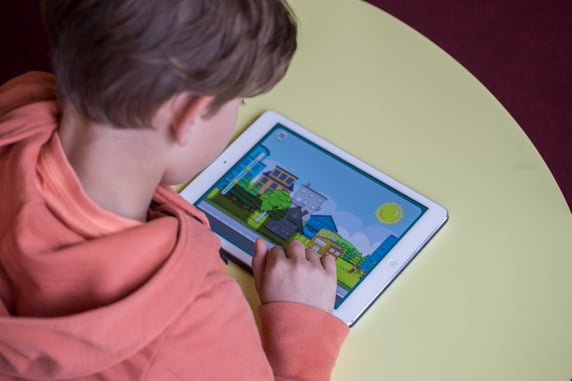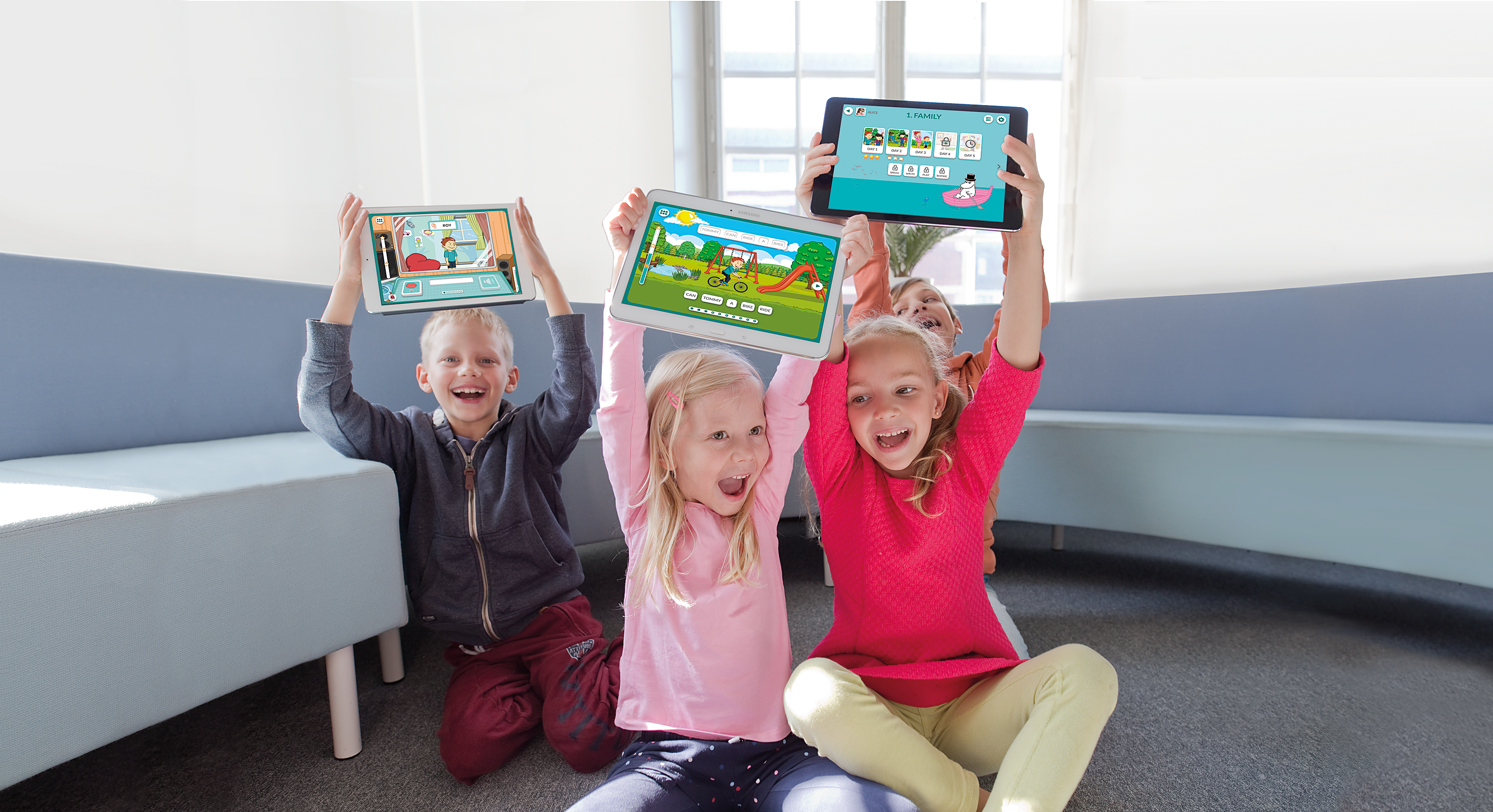Technology and digital tools have become a transformative force in education. They offer many benefits for both learners and educators, but some wonder if they are good for children. In this blog post, we'll explore the advantages of using digital tools as an aid and address some of the concerns surrounding their use.
Boost Engagement
We all know that digital games and apps are great at captivating learners’ attention, and we can use this to our advantage if we make digital tools a part of our teaching. Digital tools with a sound pedagogical design are great at mixing things up and making games a seamless part of learning. This in turn helps learners stay engaged and motivated. Just make sure that the tools you choose are designed by educational professionals.
Repetition Made Fun
Learning requires practice and repetition, but few of us enjoy rote memorization. Digital tools can help learners practice new skills in engaging games and diverse contexts. When digital tools take care of the repetition, educators have more time to focus on the deeper stuff: connecting with their learners and helping them with their questions.
Diverse Learning Materials
Digital tools can give learners access to learning content which they couldn't make use of otherwise. In language learning, digital tools can increase learners' exposure to native speech and authentic language material through audio and video content. This way educators don't need to feel pressured about being the only source of language input for the learners. Tools like Moomin Language School also actively encourage learners to practice their pronunciation by recording their own speech and comparing it to the provided native speaker model.
Pressure-Free Practice
Practicing new skills can feel stressful and scary, especially if we worry about what others think of us. Digital tools can help lower this fear. Children's confidence soars when they can explore and experiment first in a learning game or application. Then they are much more open to using the new skills in a group with their peers.
.jpeg?width=482&height=361&name=WhatsApp%20Image%202022-07-05%20at%2014.14.22%20(1).jpeg)
Instant Feedback
Digital tools can help educators support their learners and plan their teaching. Learning games and applications can give learners individual feedback on their learning on the spot, so educators can rest assured that each learner is receiving support. Digital tools can also gather data on learners’ progress to help educators plan and adjust their teaching.
Learning ICT Skills
Digital literacy is crucial in today’s world. Using digital tools teaches children to use ICT for educational purposes, not only for entertainment. They also give educators the opportunity to teach children about the importance of balance. When children learn to use screens in moderation early on, it’s easier to avoid excessive use later in life.
Remote Learning
COVID-19 highlighted the importance of digital tools in education. Thanks to digital tools, educators and learners could continue to learn together even when they weren't in the same place. The flexibility and accessibility of digital tools have made remote learning a great option when contact teaching isn't possible.

But What About Screen Time?
Parents and educators sometimes worry – quite understandably – about their children's screen time. Too much of a good thing is not, well, a good thing, regardless of what the good thing is. That’s why moderation and balance is key. Screen time shouldn't replace other important activities like sleep, exercise, and talking to friends and family. As long as there is still space for these activities, there is no reason to shy away from using digital tools to support learning.
Digital tools can be a fantastic help for both learners and educators. When used wisely, they can make learning fun and engaging, provide feedback and help learners practice without stress. They teach vital digital literacy skills and make learning possible anywhere, anytime. If you haven’t used digital tools in your teaching yet, don’t hesitate to give it a try!
.

